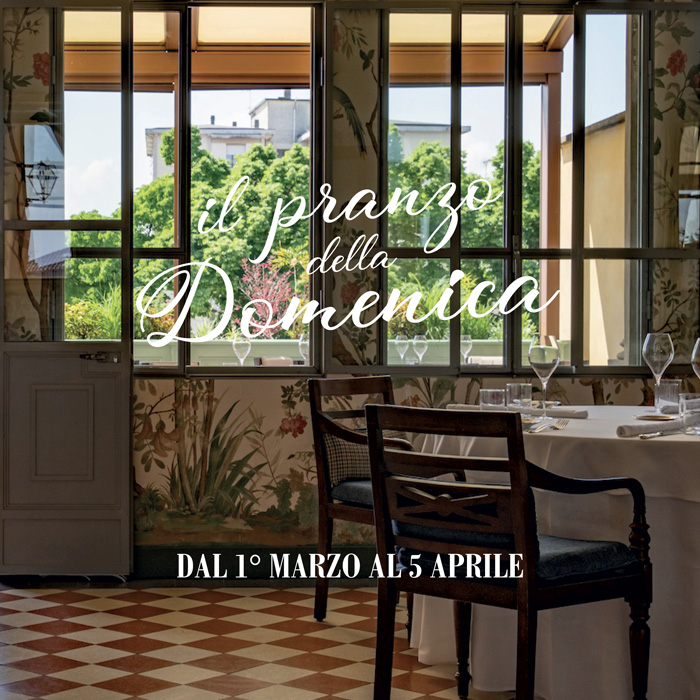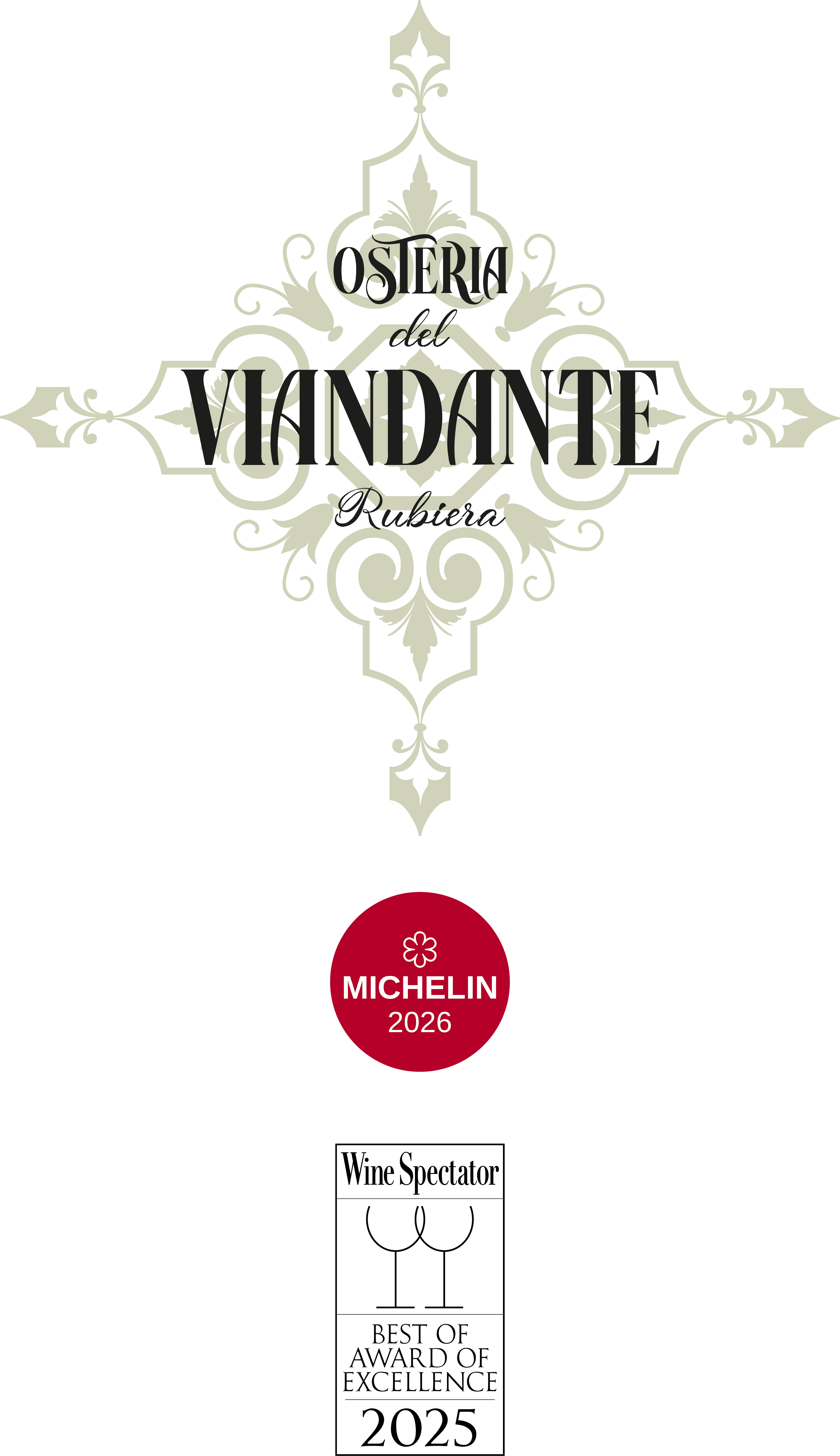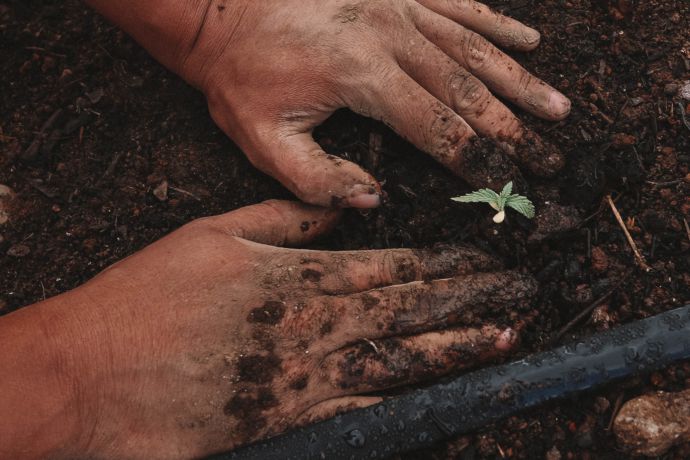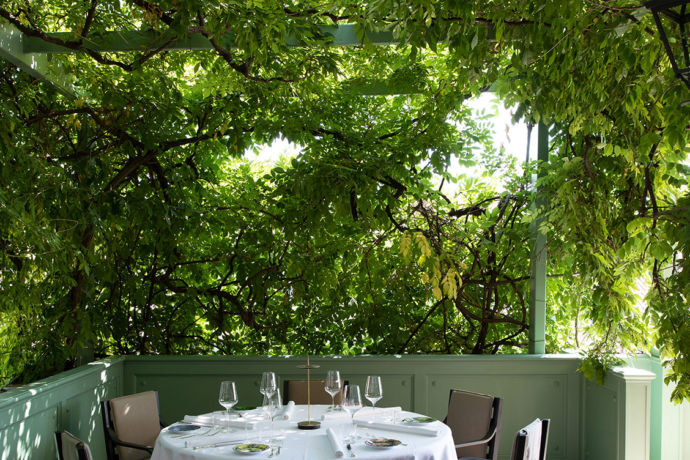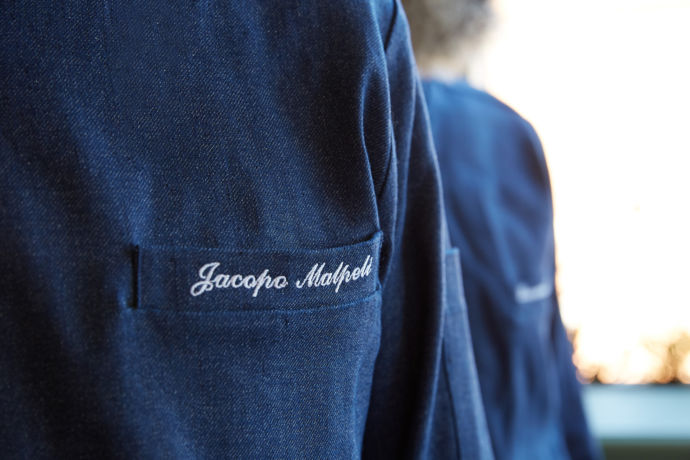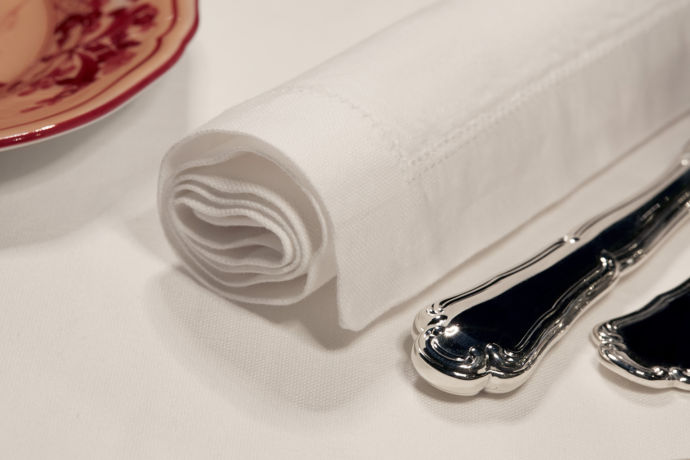The Viandante, like all Wandereres,
proud of his story, looks ahead.
The journey continues thanks to a new green hears that beats to the rhythm of modern times. Sustainable solutions for a future
that is already present.
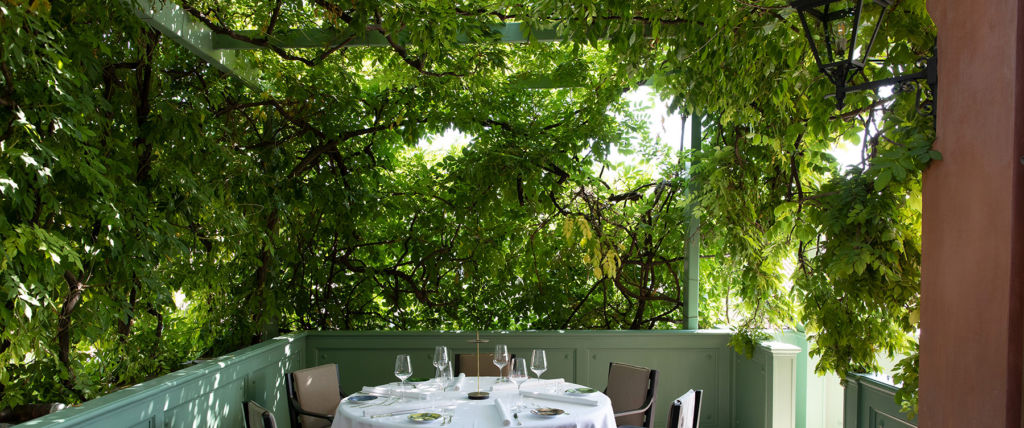
The Green Heart
The restyling brought the south-east wing of the Rocca di Rubiera into the 21st century: the period charm of the interiors shines even more than in the past.
The technical infrastructure: precision work between photovoltaics, energy-saving windows, rainwater recovery, LED lighting, Class A + kitchen. The restoration of the ancient 15th century Rubiera Fort saw the historic frescoes of the Renaissance brought to light. The salvaged ceramics have been reused to highlight the history of the Rubiera fortress, and there is continuous research and attention to the preservation of history and nature.
The systems are the first demonstration of this: precision work between photovoltaics, energy-saving windows, rainwater recovery, LED lighting, Class A + kitchen.
Respecting this vision and the values that nurture it, the Viandante’s garden was born, in collaboration with the La Collina cooperative.
The Cooperative located near Reggio Emilia has been working its land with biological and biodynamic methods since the ’75 and helps former drug addicts to reintegrate into society through work and contact with nature.
La Collina believes – like we do – that Earth does not belong to humans but vice versa that it is humans who belong to it. With a view to human respect, at the Osteria del Viandante, Jacopo Malpeli and the kitchen have chosen to work mainly with small artisans who are unfortunately disappearing due to competition from large industries, beaten by prices that are too low to compete with.
It will be possible to taste cheeses and cured meats from ancient and forgotten recipes, cuts of meat from cows that lived all their lives free in the pasture, forgotten breeds of trout whose breeding in the Tuscan-Emilian Apennines is more a work of heroism than a cost-effective investment.
Even in the choice of wines, in the cellar that contains over 1700 labels, small producers and vignerons will have the main places.
Pure natural and sustainable hemp was chosen for the uniforms and tablecloths.
Hemp requires less water and converts more carbon dioxide than any other plant used for textiles.
For the production, 50 mangroves were planted in Madagascar to ensure an even positive environmental impact.
